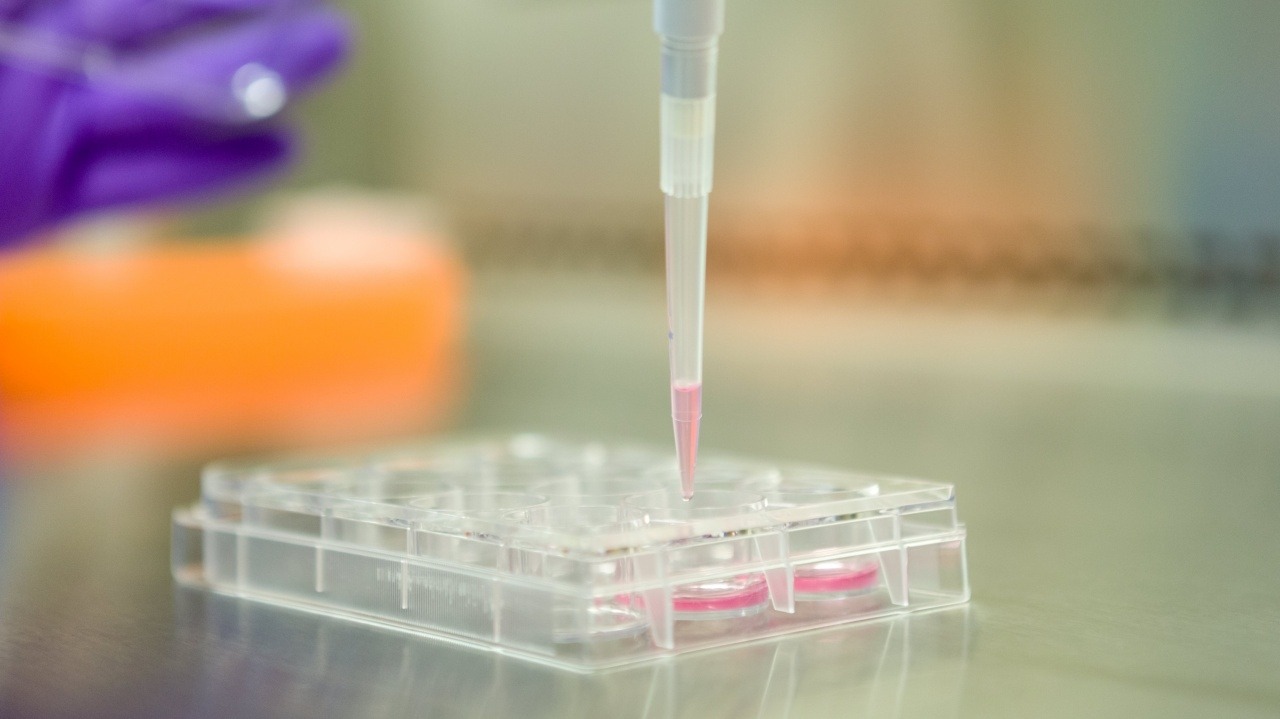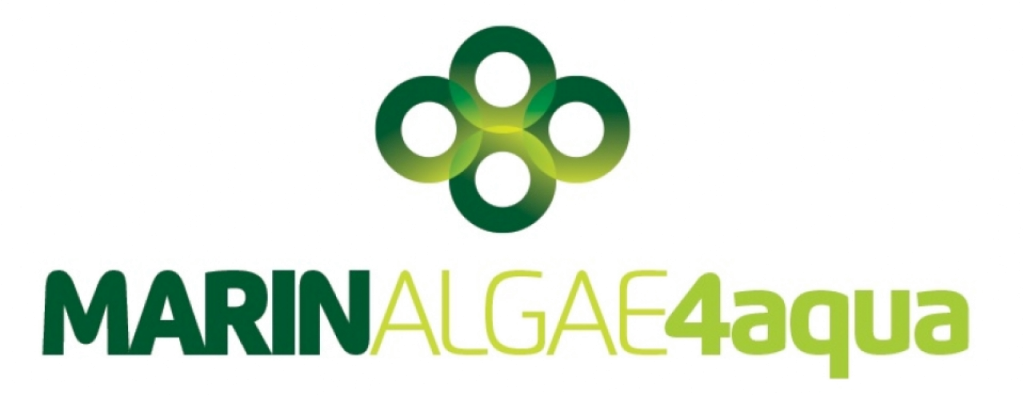
Researcher
SG holds a BSc in Applied Biology, an MSc in Molecular Genetics (U.MINHO) and a PhD in Genetics (UTAD). Her scientific interests involve DNA-based approaches to enhance seafood yield and quality. Currently, she’s focused on developing next-generation in vitro models, all with commitment to advancing sustainable aquaculture practices.








